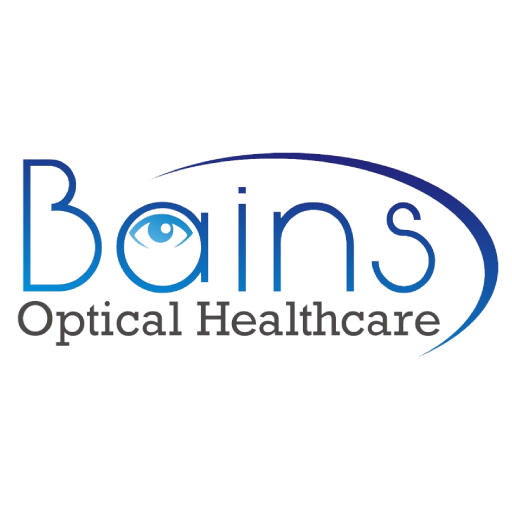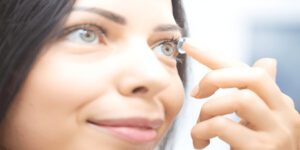Top Eyecare Tips for Healthy Vision: Protect and Improve Your Sight
The Asia-Pacific Journal of Ophthalmology just released a study that offers fascinating new information about the potential effects of atropine, a frequent therapy for childhood myopia, on adult eye health. Atropine eye drops have long been used to delay the growth of myopia, but recent research indicates that their advantages may last well beyond childhood and could lay the groundwork for healthy eyes in adulthood.



